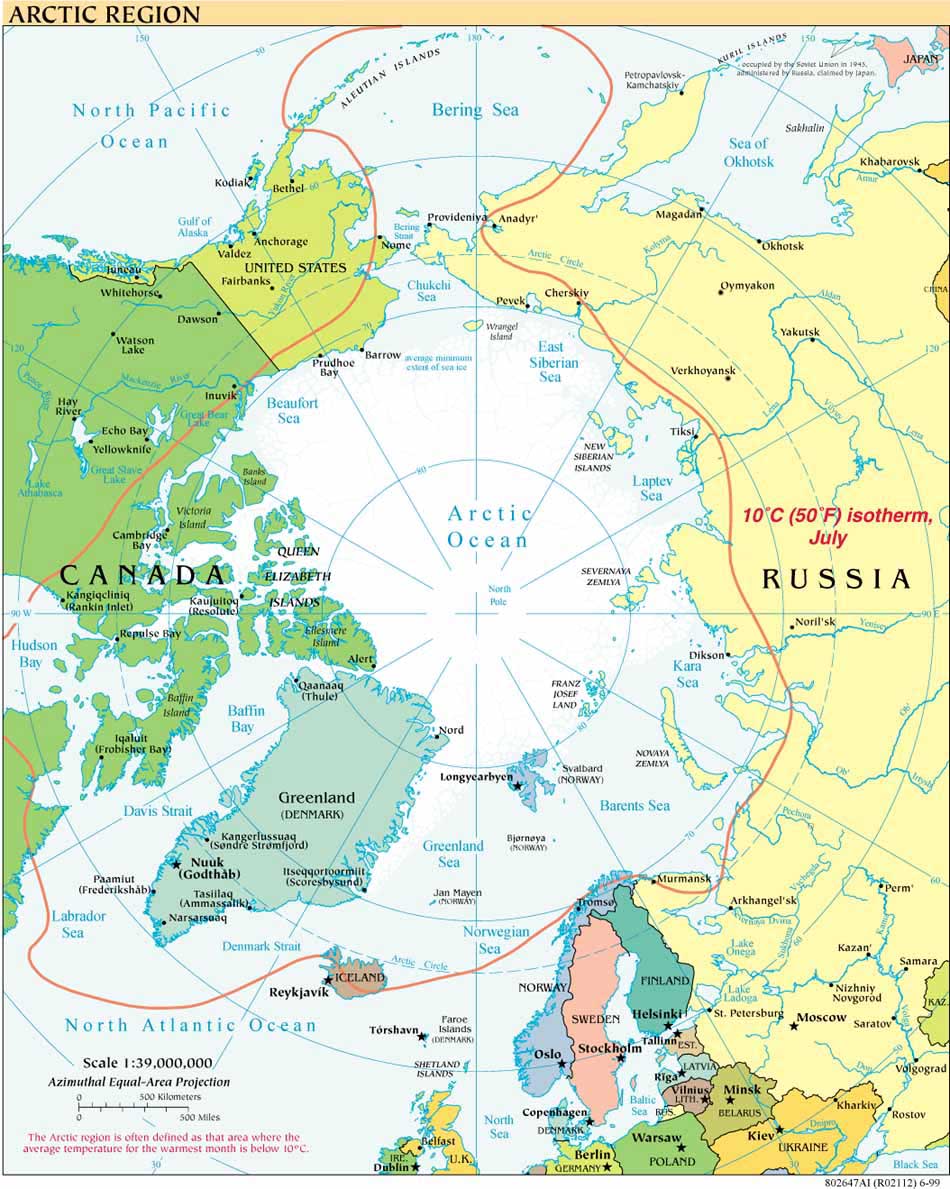At the 62nd session of the Marine Environment Protection Committtee, London 11-15 July 2011, the MEPC:
"agreed a work plan on addressing the impact in the Arctic of black carbon emissions from ships and instructed the Sub-Committee on Bulk Liquids and Gases (BLG) to: develop a definition for black carbon emissions from international shipping; consider measurement methods for black carbon and identify the most appropriate method for measuring black carbon emissions from international shipping; investigate appropriate control measures to reduce the impacts of black carbon emissions from international shipping in the Arctic; and submit a final report to MEPC 65 (in 2014).
Black carbon is a strongly light-absorbing carbonaceous aerosol produced by incomplete combustion of fuel oil and is considered a constituent of primary particulate matter, as distinguished from secondary particulate matter pollutants formed in the atmosphere from sulphur dioxide emissions. In addition to harmful human health effects associated with exposure to particulate matter, Black carbon has effects on climate change. When deposited on snow and ice in the Arctic and lower latitudes, it darkens light surfaces and absorbs energy, causing snow and ice to melt."



